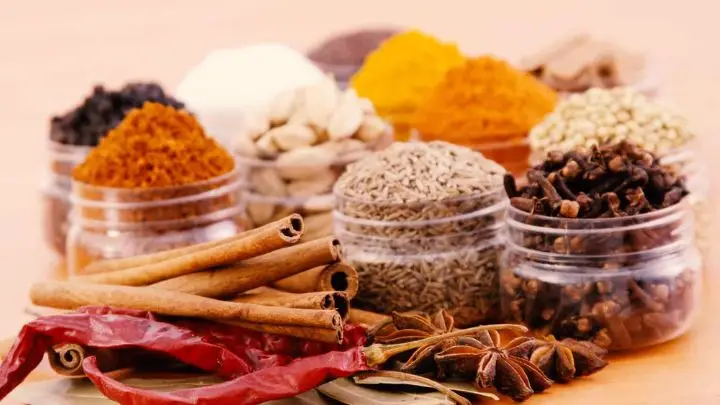Recently, headlines emerged that spice mixes manufactured by certain top brands (FSSAI-passed) in India are harmful for consumption due to the detection of ethylene oxide, a carcinogenic pesticide, in them. Brands like MDH and Everest have now been banned in Hong Kong and Singapore for the same. This development has prompted the Food Safety and Standards Authority of India (FSSAI), to come up with a new method to detect Ethylene Oxide in spices.
Also read: Salman Khan House Firing Case: Sixth Accused Held In Haryana
Detection of Ethylene Oxide
This method of detection is helpful and has been approved by the ICAR – National Research Centre for Grapes – the food safety regulator’s National reference laboratory. The new method will be used to detect Ethylene oxide in packaged items as well. Action has been taken by Hong Kong and Singapore against the Indian spices over 1,500 samples that have been picked from the market and factories that have been sent for lab tests.
What is ethylene oxide?
Ethylene oxide is a chemical that is used as a disinfectant for spices, it is known to have carcinogenic properties. According to the International Agency for Research on Cancer, ethylene oxide is a group 1 carcinogenic, which states “there is enough evidence to conclude that it can cause cancer in humans.
In an official press note there has been an official announcement, of its decision on the ban of Indian spices, Singapore said “ethylene oxide is allowed to be used in the sterilisation of spices’, but added that the exposure of this substance should be minimised. “Although there is no immediate risk to consumption of food contaminated with low levels of ethylene oxide, long-term exposure can lead to health issues”.
Also read: PM Modi Officially Files Nomination Paper From Varanasi Constituency
India’s response to ban
Soon after the development, India stated that some media reports claimed that the FSSAI allows 10 times more pesticide residue in herbs and spices. However, reacting to it, the food safety body denied the reports and gave their statement that there are more precautions, and have the strongest standards of maximum residue in the world.
MDH and Everest also denied the allegations that were raised against them. MDH said, “We reassure the buyers and consumers that we do not use Ethylene oxide at any stage of storing or processing, or packing our spices.”
About Author
This Article has been written by Ms Vijaya Pramodini SK, an aspiring journalist, who is currently dedicated to her studies in Journalism and communication. With a keen eye for authenticity, she strives to uncover and present the real facts, embodying the principles of ethical journalism.











